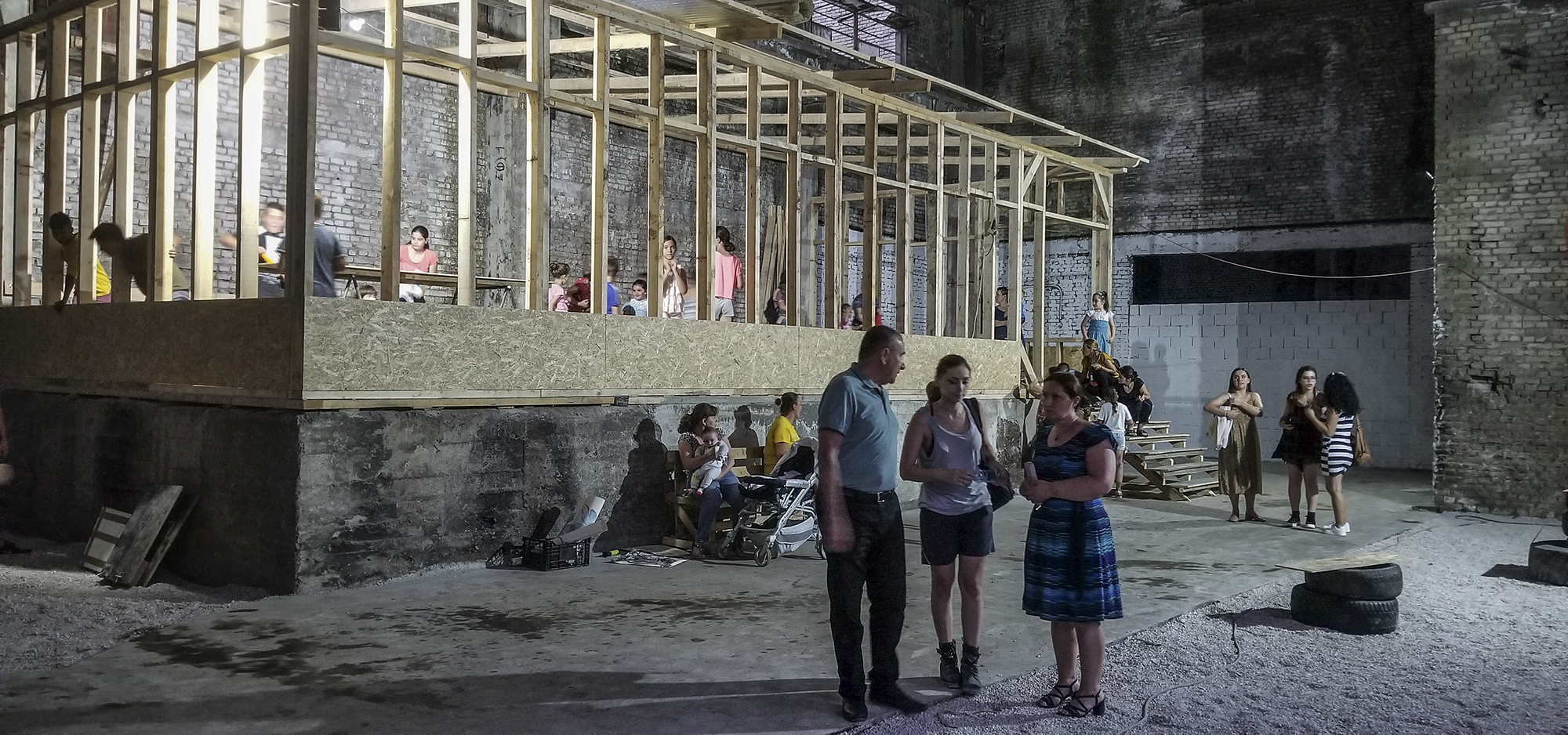
Abandoned Tirana factory transformed into cultural space
Young volunteers revitalize building for local community.
Getting the building up and running is just the first part in the journey.

Fjori Sinoruka
Fjori Sinoruka has a BA in journalism and communications from the University of Tirana. She is currently doing her MA in public relations. Fjori is part of the Albanian Centre for Quality Journalism, and works as a journalist in Albania.
This story was originally written in Albanian.